Summaries of books about Science & Math:
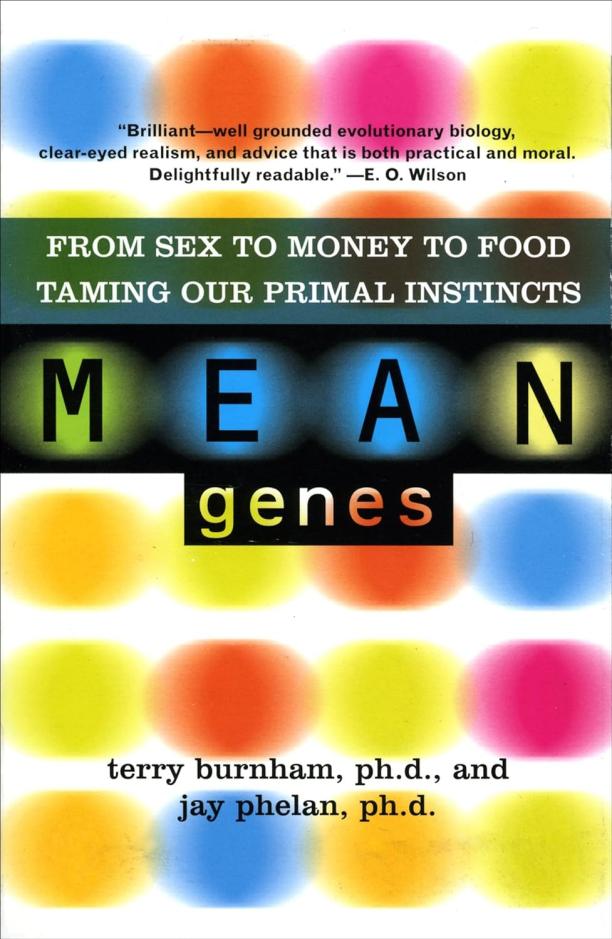
Mean Genes
From Sex To Money To Food: Taming Our Primal Instincts
Terry Burnham|Jay Phelan
The book explores the influence of evolutionary biology on human behavior, examining how genetic predispositions shape our actions and choices in areas such as competition, risk-taking, mating, and consumption. It offers insights into how understanding our "mean genes" can help us make better decisions and overcome instinctual drives that may not be well-suited to modern life.
See full summary
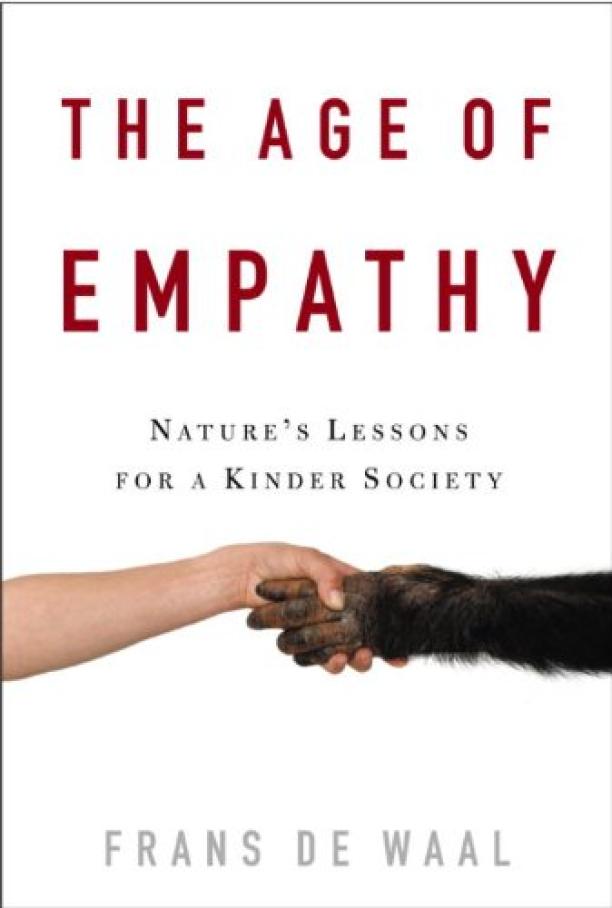
The Age of Empathy
Nature's Lessons for a Kinder Society
Frans De Waal
The book explores the biological roots of empathetic behavior, arguing that humans and other animals are naturally inclined towards empathy, cooperation, and social connection. It presents evidence from primatology and psychology to challenge the notion that society is built solely on self-interest, suggesting that empathy is a fundamental aspect of social organization that can guide more compassionate human societies.
See full summary
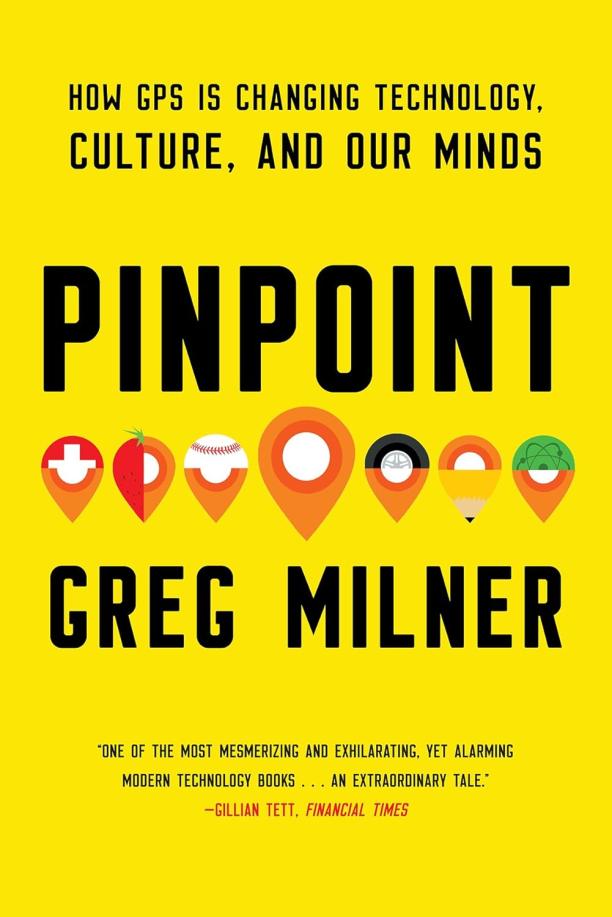
Pinpoint
How GPS is Changing Technology, Culture, and Our Minds
Greg Milner
The book explores the impact of GPS technology on society, examining its influence on various aspects of daily life, from navigation to precision in warfare. It also delves into the psychological effects of GPS on human cognition, questioning how reliance on this technology might be altering our natural sense of direction and spatial awareness.
See full summary
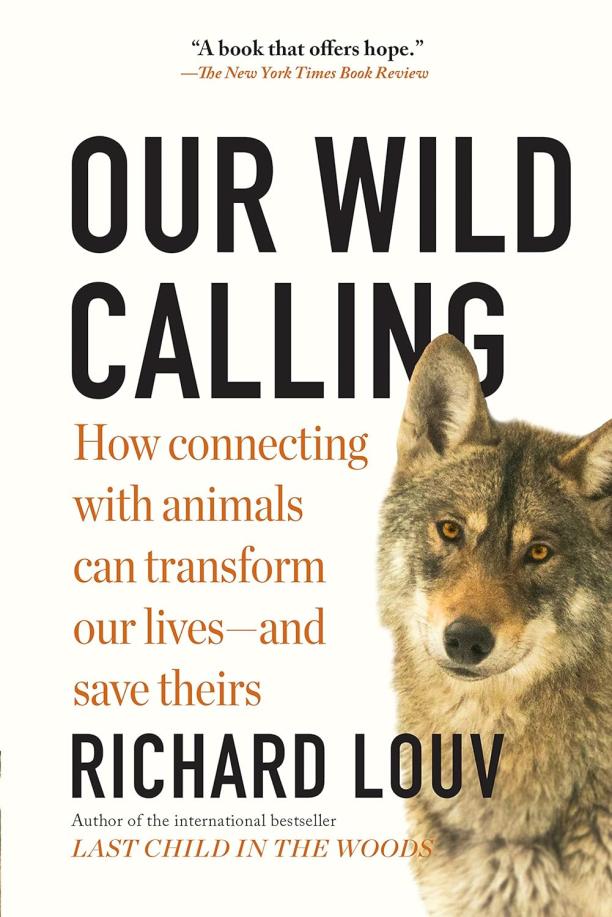
Our Wild Calling
How Connecting with Animals Can Transform Our Lives—and Save Theirs
Richard Louv
The book explores the deep and transformative connection between humans and animals, both domestic and wild, arguing that this relationship is essential for our mental and emotional well-being. It also discusses the mutual benefits of human-animal connections and how fostering these relationships can play a crucial role in wildlife conservation and the health of our planet.
See full summary
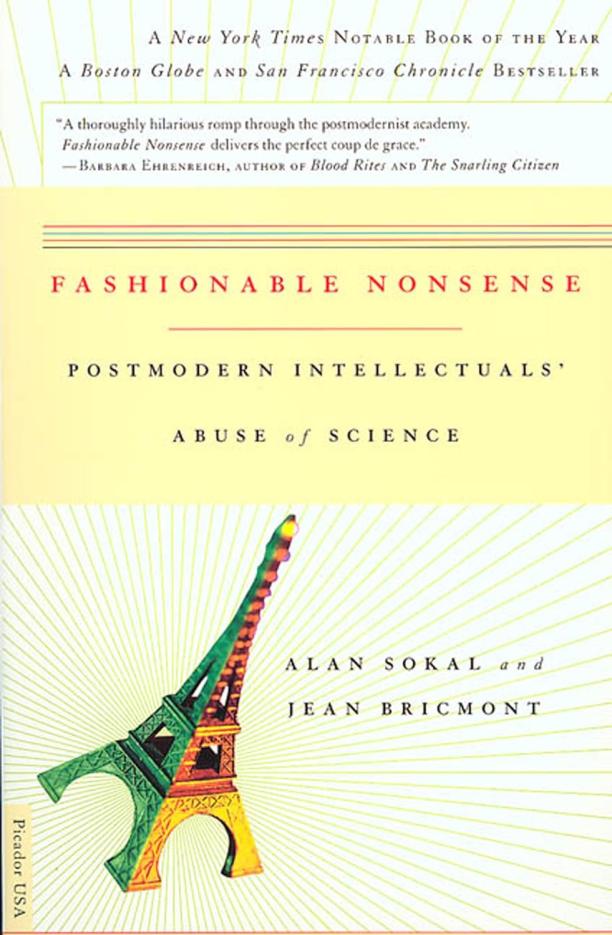
Fashionable Nonsense
Postmodern Intellectuals' Abuse of Science
Alan Sokal|Jean Bricmont
The book critiques various postmodern thinkers for misusing scientific and mathematical concepts in their writings, arguing that they display a profound lack of understanding of the subjects they reference. It aims to expose the intellectual irresponsibility of these authors and defend the integrity of scientific inquiry against obscurantism.
See full summary
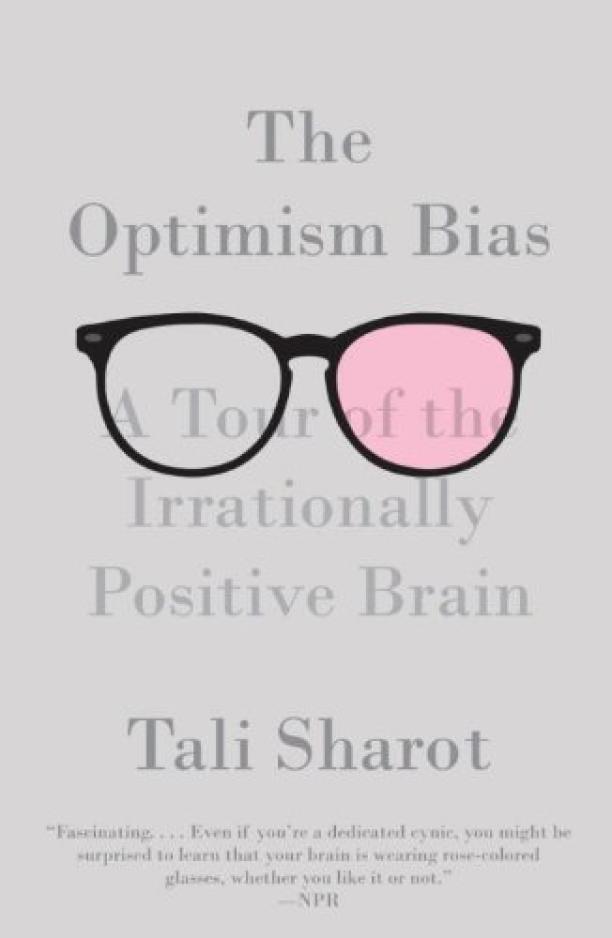
The Optimism Bias
A Tour of the Irrationally Positive Brain
Tali Sharot
The book explores the human tendency to overestimate the likelihood of positive outcomes and underappreciate the probability of negative events, a cognitive phenomenon known as the optimism bias. It delves into the neurological basis of this bias, its evolutionary advantages, and its impact on our decisions, health, and well-being.
See full summary

Adventures in the Anthropocene
A Journey to the Heart of the Planet We Made
Gaia Vince
The book explores the profound impact of human activity on Earth, detailing the author's travels to various parts of the world to witness firsthand the changes occurring in the environment and societies. It delves into the concept of the Anthropocene—the current geological epoch dominated by humans—and examines both the challenges and innovative solutions being developed to address ecological and climatic shifts.
See full summary

Feathers
The Evolution of a Natural Miracle
Thor Hanson
The book explores the biological and evolutionary significance of feathers, detailing their complex structure, function, and role in the survival of birds. It also examines the cultural and historical impact of feathers on human society, from fashion to scientific discovery.
See full summary
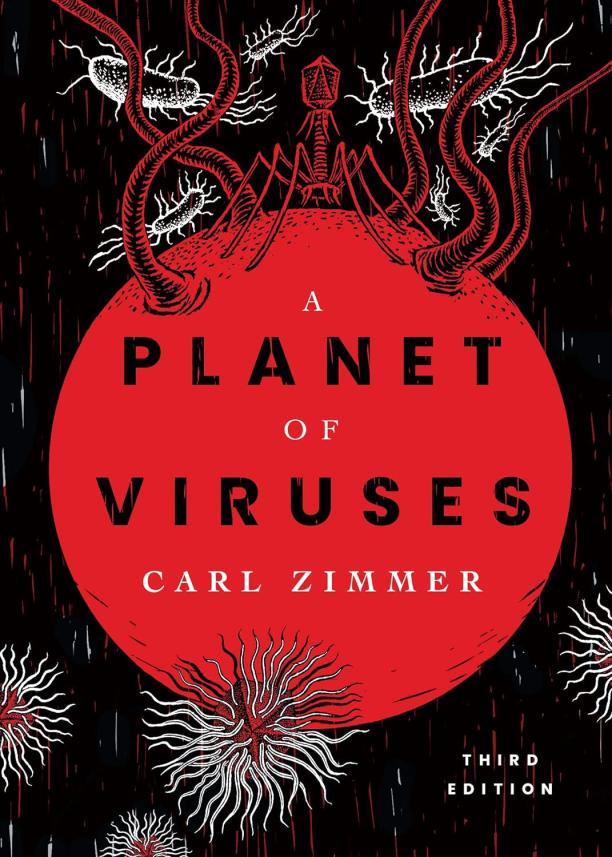
A Planet of Viruses
Third Edition
Carl Zimmer
The book explores the fascinating world of viruses, detailing their significant impact on ecosystems, human health, and evolution. It provides insights into the biology of viruses, their role in shaping life on Earth, and the ongoing challenges they pose to science and medicine.
See full summary
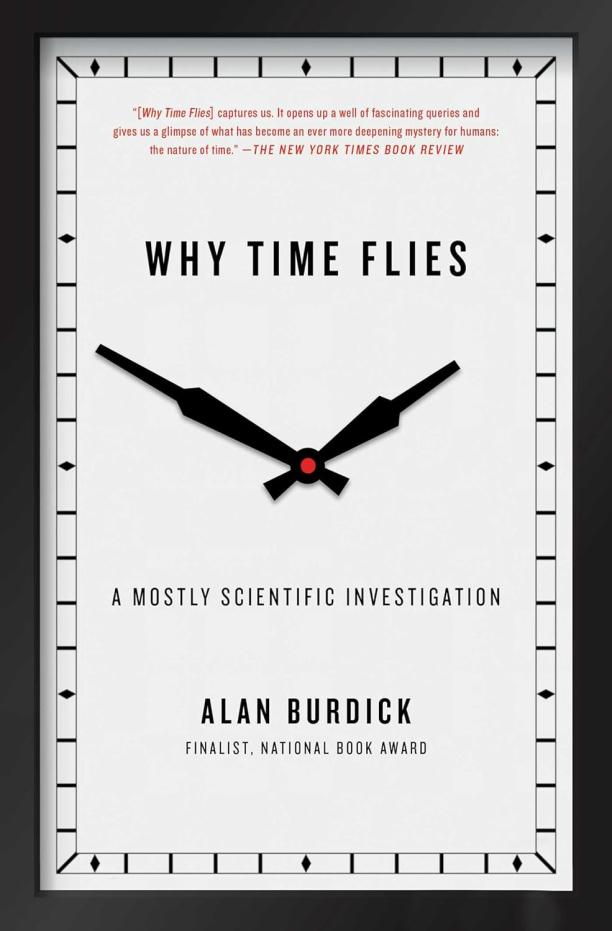
Why Time Flies
A Mostly Scientific Investigation
Alan Burdick
The book explores the concept of time from a scientific perspective, delving into the ways humans perceive its passage and the mechanisms that govern it. It combines personal anecdotes with research from psychology, biology, and physics to examine our relationship with time and how it shapes our lives.
See full summary